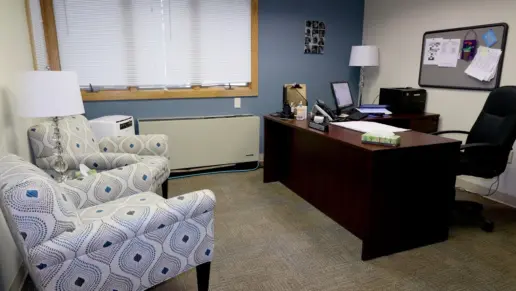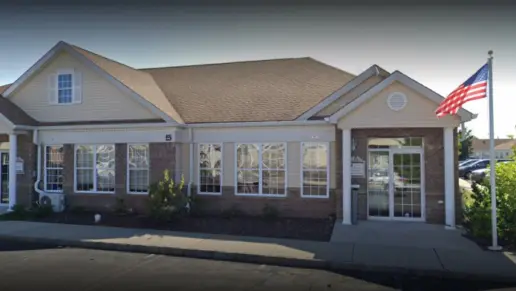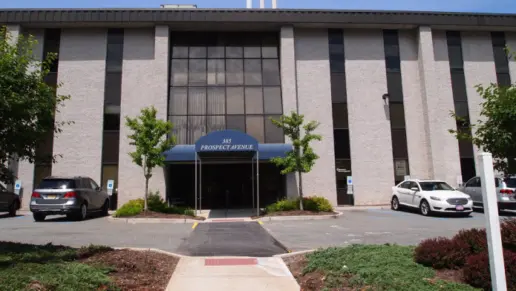About The Counseling Center At Toms River, NJ
The Counseling Center is an addiction and mental health treatment facility for adults and teens in Toms River, New Jersey. They specialize in partial hospitalization and intensive outpatient services designed around your unique needs. You can participate in person at their office or connect with your provider online through their telehealth program. They’re in network with most private insurance plans and also accept self payment and Medicare.
Individual and group counseling sessions are the cornerstones of their addiction recovery program. You can meet with your assigned counselor to talk through your condition and any symptoms you’re experiencing. You can also find help for co-occurring mental health disorders, such as depression. During your sessions, you’ll dive into the underlying causes of your substance abuse and the feelings that trigger your unhealthy behaviors.
I like that their counseling services also help you look ahead to the future. For example, you’ll learn new habits you can implement to encourage long term recovery. You’ll also learn healthy ways to cope with stress and negative feelings without turning to drugs or alcohol.
If you need medication to help manage your symptoms, they can also help with that. Your team can write prescriptions, show you how to use the substances safely, and monitor how they affect your mind and body. This includes Suboxone and Vivitrol, which are available through their medication assisted treatment program.
While some former clients speak highly of their experience here, several have mentioned a lack of care and attention following a recent staff turnover.
Rehab Score
Gallery
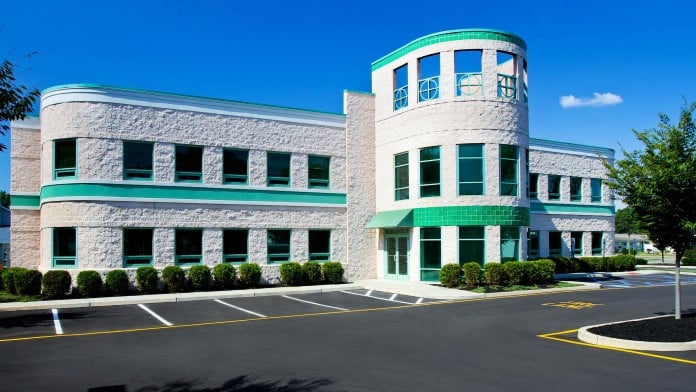
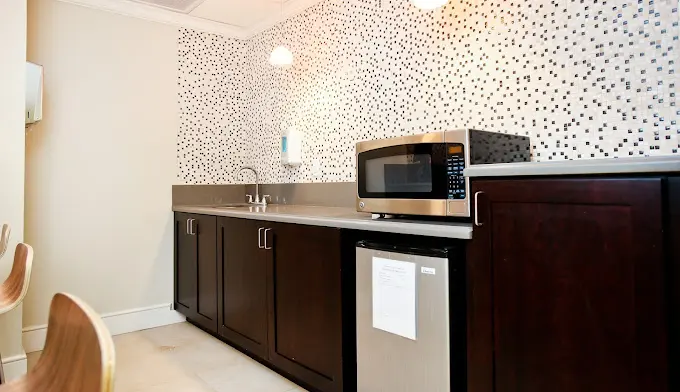
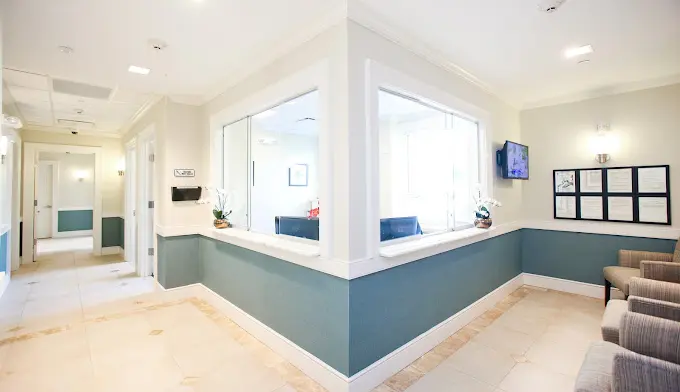
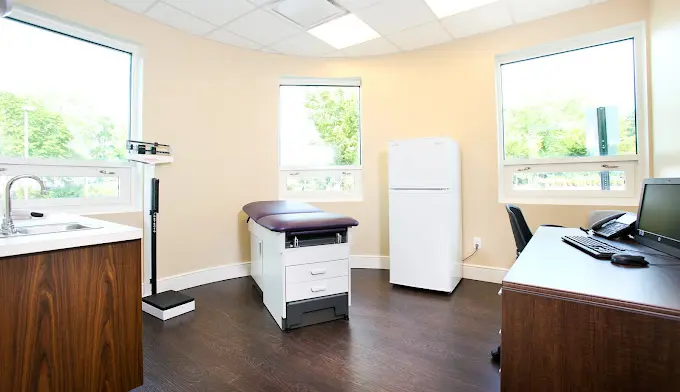
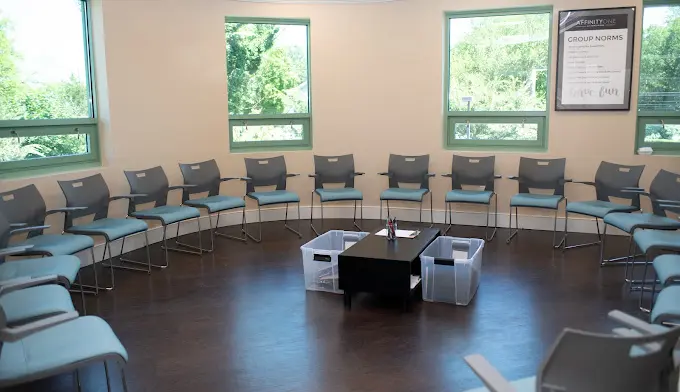
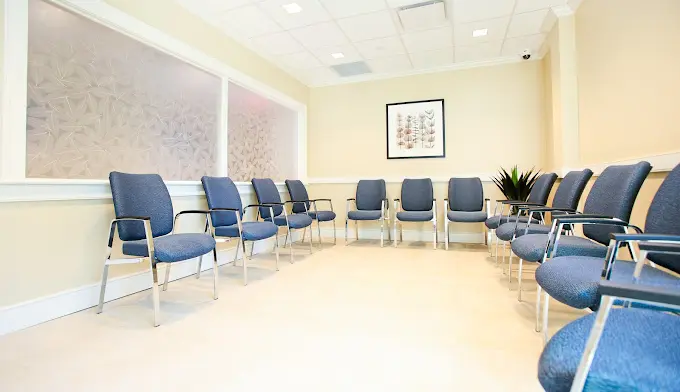
Location
Other Forms of Payment
Private insurance refers to any kind of healthcare coverage that isn't from the state or federal government. This includes individual and family plans offered by an employer or purchased from the Insurance Marketplace. Every plan will have different requirements and out of pocket costs so be sure to get the full details before you start treatment.
Self-pay involves paying for treatment out of your own pocket. You can use savings or credit, get a personal loan, or receive help from family and friends to fund your treatment. If you don't have insurance or your insurance plan doesn't cover a specific program, self-pay can help ensure you still get the care you need.
Addiction Treatments
Levels of Care
Treatments
The goal of treatment for alcoholism is abstinence. Those with poor social support, poor motivation, or psychiatric disorders tend to relapse within a few years of treatment. For these people, success is measured by longer periods of abstinence, reduced use of alcohol, better health, and improved social functioning. Recovery and Maintenance are usually based on 12 step programs and AA meetings.
Drug rehab in New Jersey is the process of addressing the complex issues involved with addiction. Challenges are identified and addressed through individual and group counseling. Participants learn how to manage these issues without the use of substances.
The counselors and staff at The Counseling Center at Clark, NJ are all well trained in recognizing and dealing with clients suffering from substance use and co-occurring mental health disorders. All outpatient treatment is assigned after an initial Clinical Assessment, which is an essential tool for understanding current status, including the need to recognize and treat a dual diagnosis.
A combined mental health and substance abuse rehab has the staff and resources available to handle individuals with both mental health and substance abuse issues. It can be challenging to determine where a specific symptom stems from (a mental health issue or an issue related to substance abuse), so mental health and substance abuse professionals are helpful in detangling symptoms and keeping treatment on track.
Opioid rehabs specialize in supporting those recovering from opioid addiction. They treat those suffering from addiction to illegal opioids like heroin, as well as prescription drugs like oxycodone. These centers typically combine both physical as well as mental and emotional support to help stop addiction. Physical support often includes medical detox and subsequent medical support (including medication), and mental support includes in-depth therapy to address the underlying causes of addiction.
Programs


Clinical Services
Whether a marriage or other committed relationship, an intimate partnership is one of the most important aspects of a person's life. Drug and alcohol addiction affects both members of a couple in deep and meaningful ways, as does rehab and recovery. Couples therapy and other couples-focused treatment programs are significant parts of exploring triggers of addiction, as well as learning how to build healthy patterns to support ongoing sobriety.
Research has shown the individuals whose families are involved in treatment have a much better prognosis and a higher success rate. The Counseling Center at Fair Lawn will make a concerted effort to include family members in treatment whenever possible. The goal of the family education program is to provide family members with information and support that will assist clients in their recovery. A family education group will be held every week (typically Wednesday from 6:30 pm to 10:00 pm, but please check the schedule).
Group therapy is any therapeutic work that happens in a group (not one-on-one). At The Counseling Center, they seek to always run small group meetings of 10 people or less. They find that smaller groups are more comfortable for those participating and sharing, and allow for more careful review of important topics under discussion.
In individual therapy, a patient meets one-on-one with a trained psychologist or counselor. Therapy is a pivotal part of effective substance abuse treatment, as it often covers root causes of addiction, including challenges faced by the patient in their social, family, and work/school life.
Amenities
-
Residential Setting
-
Private Setting
Accreditations

The Joint Commission, formerly known as JCAHO, is a nonprofit organization that accredits rehab organizations and programs. Founded in 1951, the Joint Commision's mission is to improve the quality of patient care and demonstrating the quality of patient care.
Joint Commission Accreditation: Yes
Contact Information
1198 Lakewood Rd
#102
Toms River, NJ 08753
